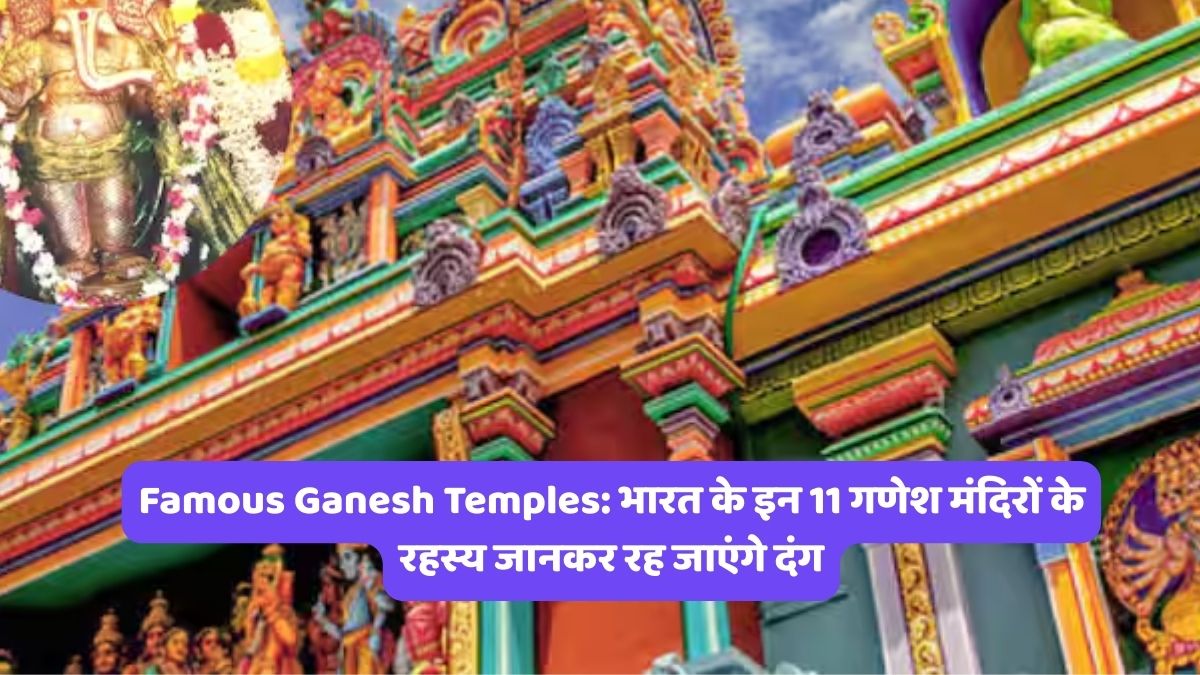Join WhatsApp
Join NowMahakal Mandir: In a landmark decision that bridges ancient faith with modern conservation science, the administration of the world-renowned Mahakaleshwar Temple in Ujjain, Madhya Pradesh, has announced significant changes to its daily rituals. The move comes in response to alarming findings from top scientific bodies that the sacred Jyotirlinga of Baba Mahakal is suffering from erosion. To save the revered Shivling from further deterioration, the temple will now strictly limit the amount of bhaang (cannabis paste) used in the deity’s elaborate daily shringar (divine makeup and ornamentation).
This decision, which alters a practice cherished by millions of devotees who travel from across the globe for a glimpse of the deity, is based on recommendations from the Archaeological Survey of India (ASI) and the Geological Survey of India (GSI).
The Scientific Diagnosis of a Sacred Ailment
The issue first gained national attention in 2017 when a devotee, Sarika Guru, filed a petition in the Supreme Court of India, seeking urgent intervention to stop the erosion of the holy Shivling. Following the court’s directive, a committee of experts from the ASI and GSI was formed to conduct a thorough scientific investigation.
Their comprehensive report identified several key factors contributing to the decay. The experts found that the age-old practice of rubbing bhasma (sacred ash) onto the Lingam, the constant touching by devotees, and the accumulation of particles from various offerings were causing significant wear and tear. Most critically, the report highlighted that the residue from materials like bhaang was leading to the growth of bacteria and microorganisms. These microbes were embedding themselves in the stone’s microscopic pores, causing a gradual but steady process of disintegration from within.
New Divine Decree: Cannabis Offering to be Weighed and Limited
Based on these expert recommendations, the Mahakaleshwar Temple committee has implemented a crucial change. Until now, a substantial 5 to 7 kilograms of bhaang were used for Baba Mahakal’s stunning evening shringar. Effective immediately, this quantity has been drastically reduced to a maximum of three kilograms.
To ensure strict compliance, the temple administration will install a ‘Tola-Kanta’ (weighing scale) within the temple premises. From now on, the priests performing the shringar will have the bhaang officially weighed before the ritual begins, and no more than the prescribed three kilograms will be permitted. “A maximum of three kilos of bhang will now be used in the makeup of Lord Mahakal,” confirmed Prathem Kaushik, the administrator of the Mahakaleshwar Temple.
The Magnificent Tradition of ‘Shringar’
The daily shringar at the Mahakal Temple is a breathtaking spectacle. Pandit Ram Sharma, a priest and temple committee member, explains that while the morning’s famous ‘Bhasma Aarti’ sees the deity adorned in sacred ash, the evening ritual transforms the formless (Nirakar) Lord into a distinct, tangible form (Saakar) for the devotees’ divine darshan.
The priests, with immense devotion, adorn the Jyotirlinga in various divine forms, often based on a devotee’s special request to mark a birthday, wedding anniversary, or in observance of a specific festival. With incredible skill, they transform the Lingam into magnificent representations of Lord Ganesh, Sri Krishna, Balaji, Hanuman Ji, Sheshnaag, or Tirupati Balaji, among many others.
Devotees can sponsor this elaborate ritual by obtaining an official receipt for ₹1100 from the temple office. The sponsoring devotee’s name is displayed on a board, and they are granted special permission to sit in the Nandi Hall to witness the evening prayers and aarti. While the official fee is nominal, the total cost of materials—including bhaang, high-quality dry fruits, rich fabrics, and other sacred items—can range from ₹5,000 to ₹6,000.
The new rule, born from a unique collaboration between judiciary, science, and faith, aims to ensure that these divine traditions can continue for centuries to come, preserving the sacred Jyotirlinga for future generations of devotees.


















